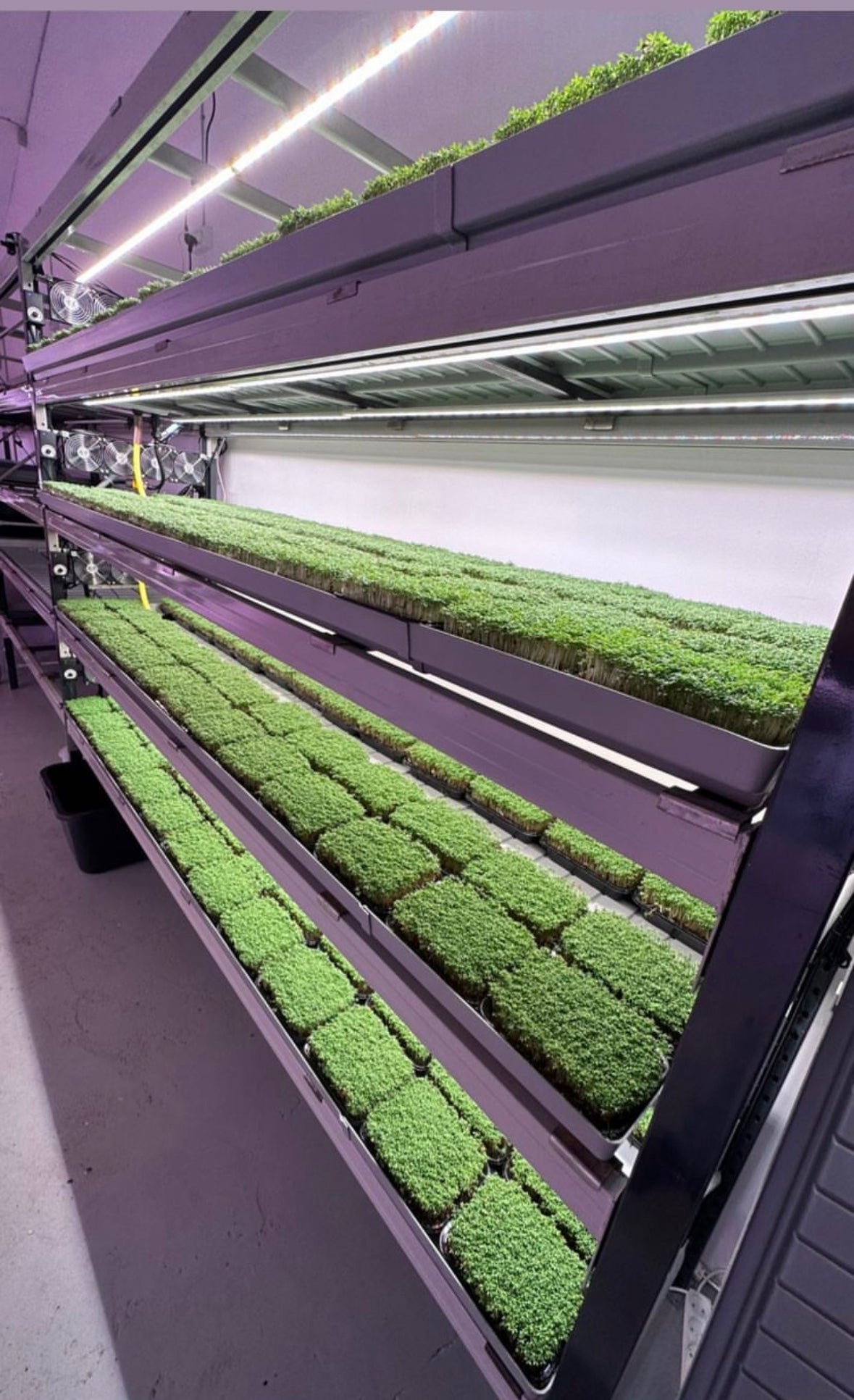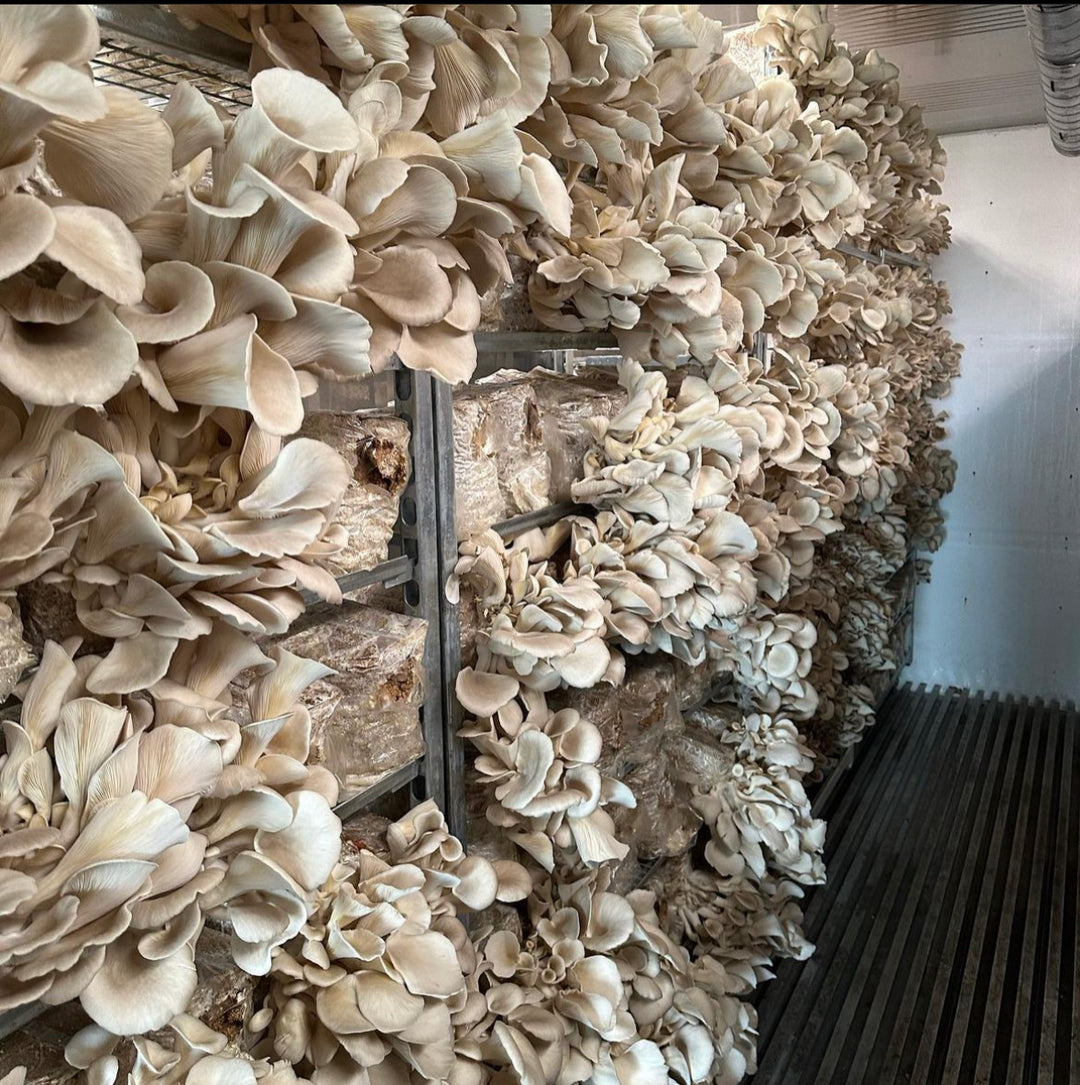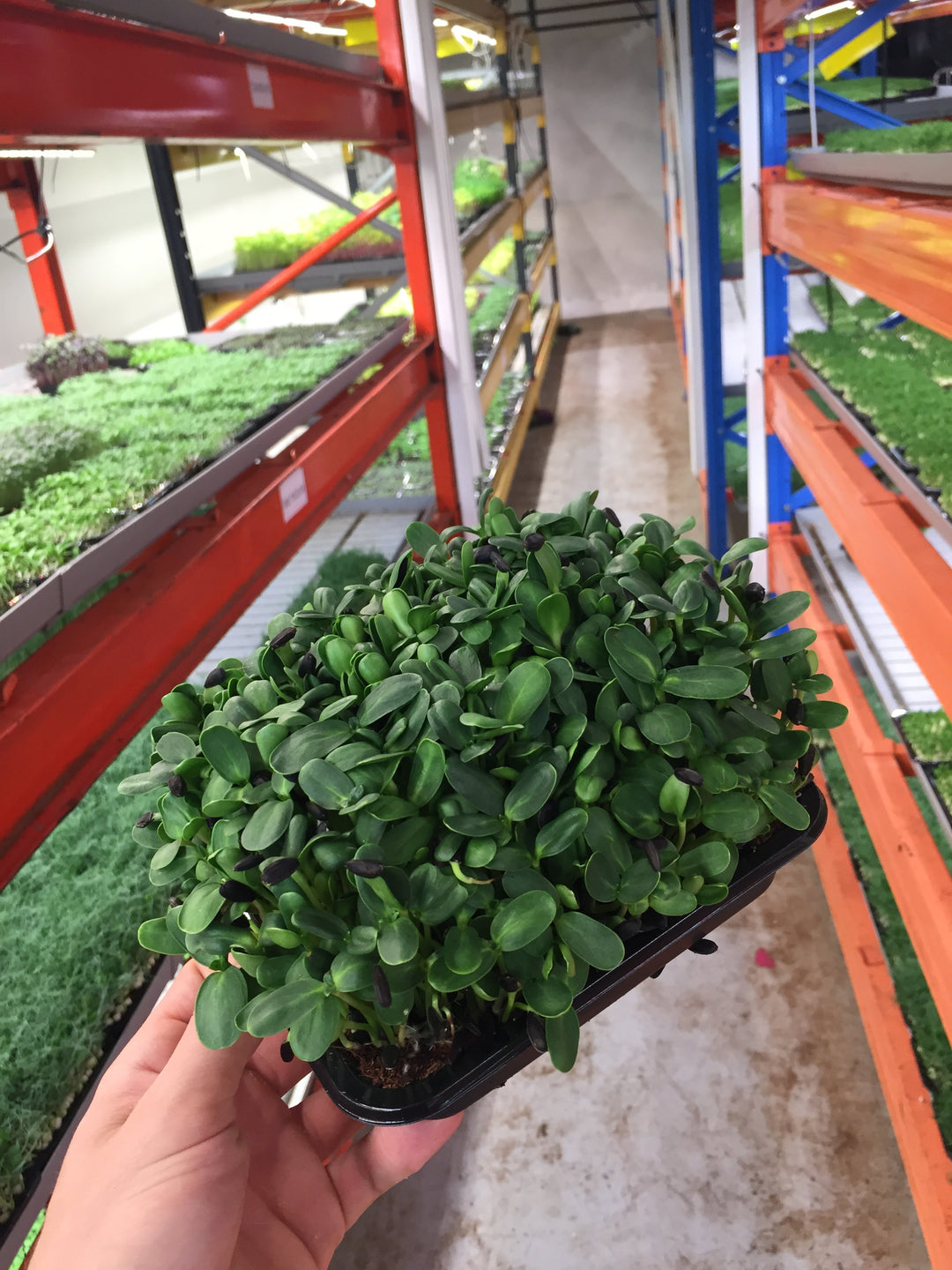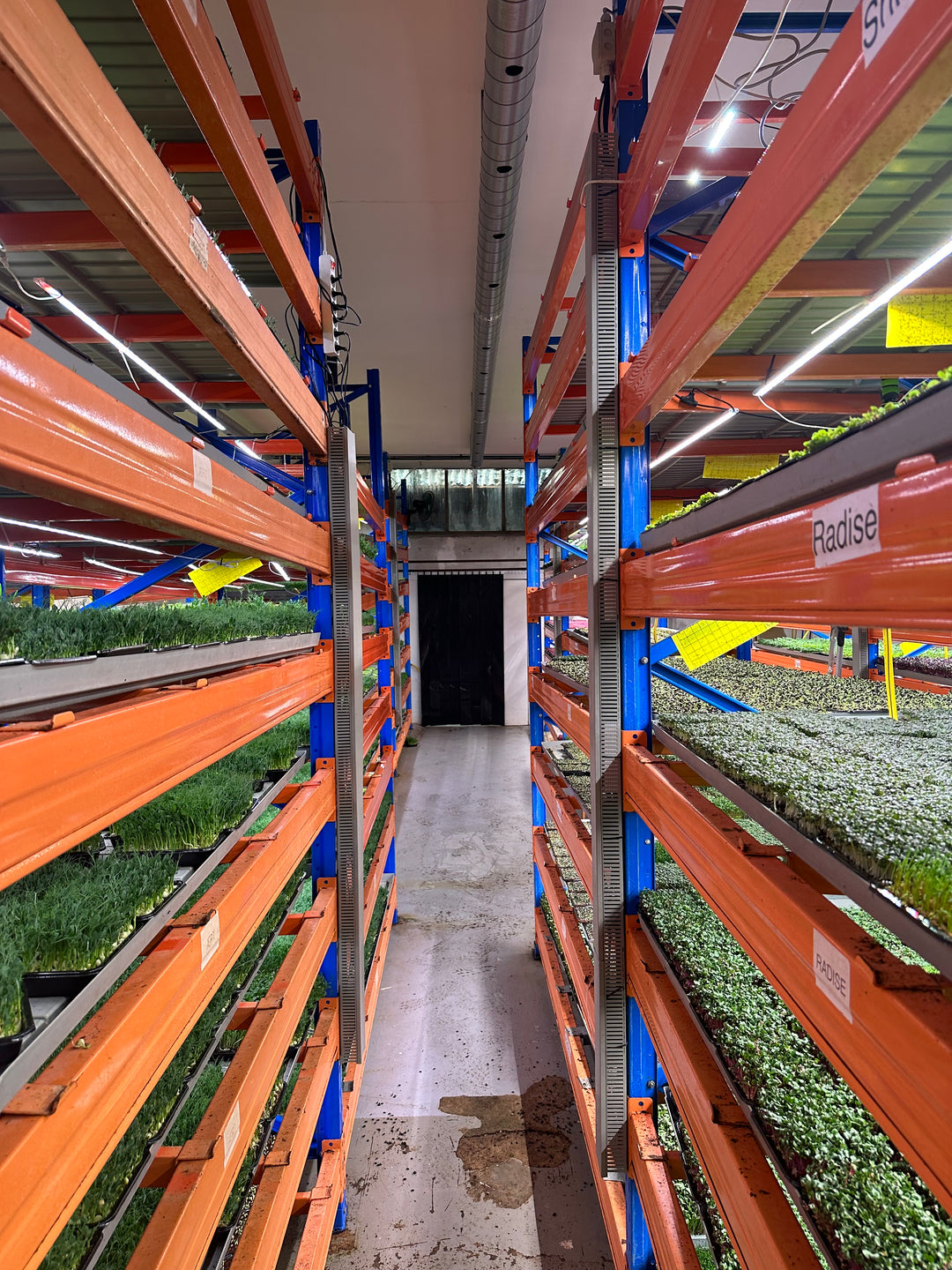Hydroponics: A Water-Based Approach to Agriculture

What is Hydroponics?
Hydroponics is a method of growing plants without soil. Instead, the plants' roots are suspended in a nutrient-rich water solution. This solution can be circulated continuously, providing the plants with a constant supply of essential nutrients. Hydroponics is a popular choice for both commercial and home growers due to its efficiency and versatility.
How Does Hydroponics Work?
There are several different hydroponic systems, but they all share the basic principle of providing plants with nutrients through a water-based solution. Some common methods include:
Deep Water Culture (DWC): Plants are grown in a container filled with a nutrient solution. The roots are suspended in the solution and oxygen is provided by an air pump.
Nutrient Film Technique (NFT): A thin film of nutrient solution flows continuously over the plant roots. This method is often used for growing leafy greens and herbs.
Ebb and Flow: The plants are grown in a container that is periodically filled with nutrient solution and then drained. This method allows for good oxygenation of the roots.
Advantages of Hydroponics
Increased Yields: Plants grown hydroponically often produce higher yields than those grown in soil. This is due to the precise control over nutrient delivery and the absence of soil-borne pests and diseases.
Reduced Water Consumption: While hydroponics does require water, it can be more efficient than traditional agriculture. The nutrient solution can be recycled, and there is no need for irrigation to maintain soil moisture.
Pest and Disease Control: Hydroponic systems can be designed to be relatively pest-free, as the plants are not in direct contact with the soil. This can reduce the need for pesticides and fungicides.
Vertical Farming: Hydroponics is well-suited for vertical farming, which allows for efficient use of space, especially in urban areas.
Controlled Environment: Hydroponic systems can be controlled environments, allowing for precise regulation of temperature, humidity, and light. This can enable year-round production of crops, regardless of the climate.
Challenges of Hydroponics
While hydroponics offers many advantages, there are also some challenges to consider. These include:
Initial Cost: Setting up a hydroponic system can be more expensive than traditional agriculture.
Technical Expertise: Hydroponics requires a certain level of technical knowledge to ensure that the system is operating correctly and that the plants are receiving the proper nutrients.
Energy Consumption: Hydroponic systems may require significant energy input, particularly for lighting and temperature control.
Future of Hydroponics
Hydroponics is a growing field with the potential to revolutionize agriculture. As technology continues to advance, we can expect to see even more innovative and efficient hydroponic systems. With its ability to produce high-quality crops in a sustainable manner, hydroponics is poised to play a vital role in addressing global food security challenges.
Conclusion
Hydroponics is a promising method of agriculture that offers numerous benefits, including increased yields, reduced water consumption, and the ability to grow plants in confined spaces. While there are some challenges to overcome, the potential of hydroponics to transform the way we produce food is undeniable. As we continue to explore and develop this technology, we can look forward to a future where sustainable and efficient agriculture is the norm.


